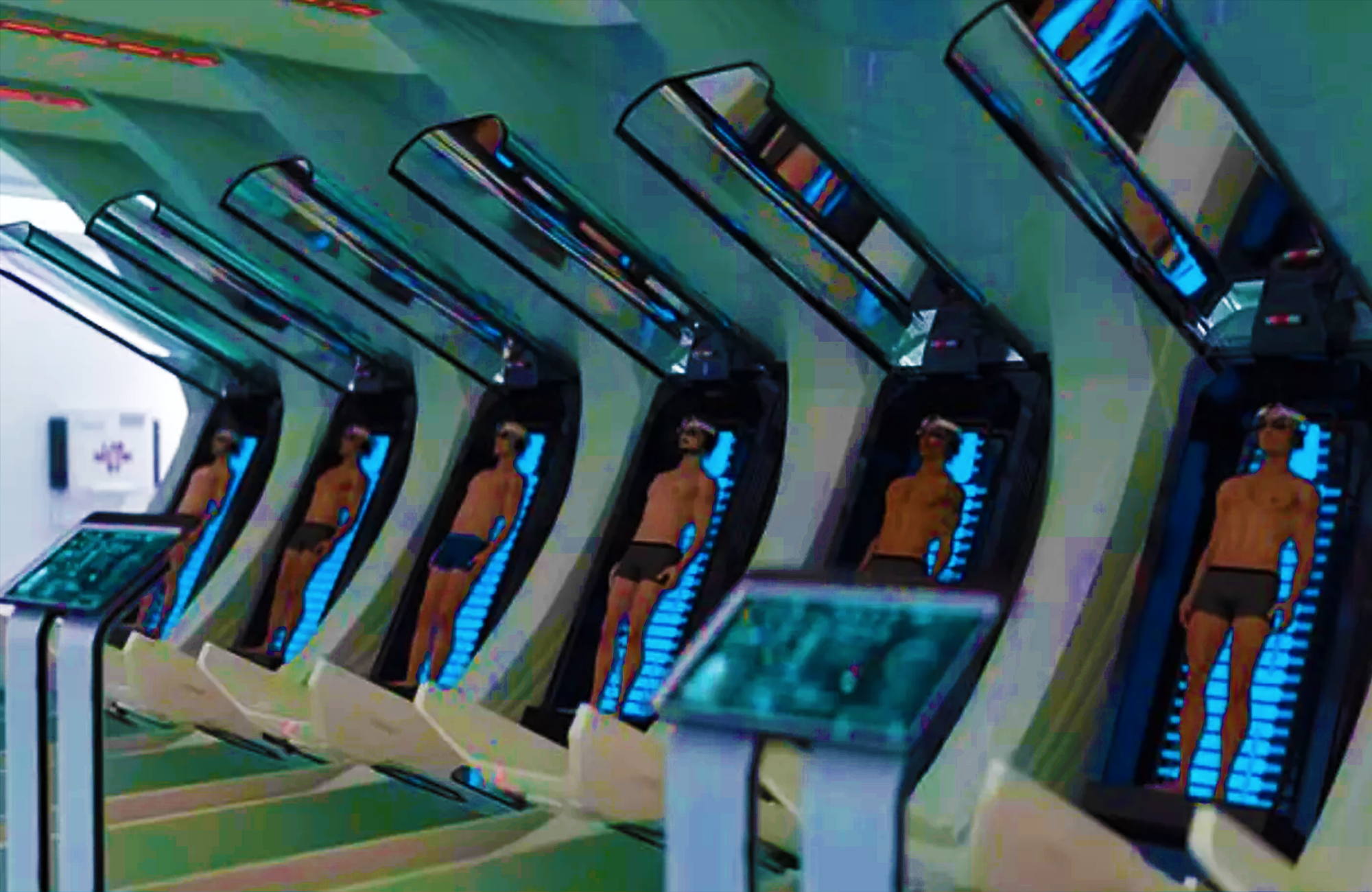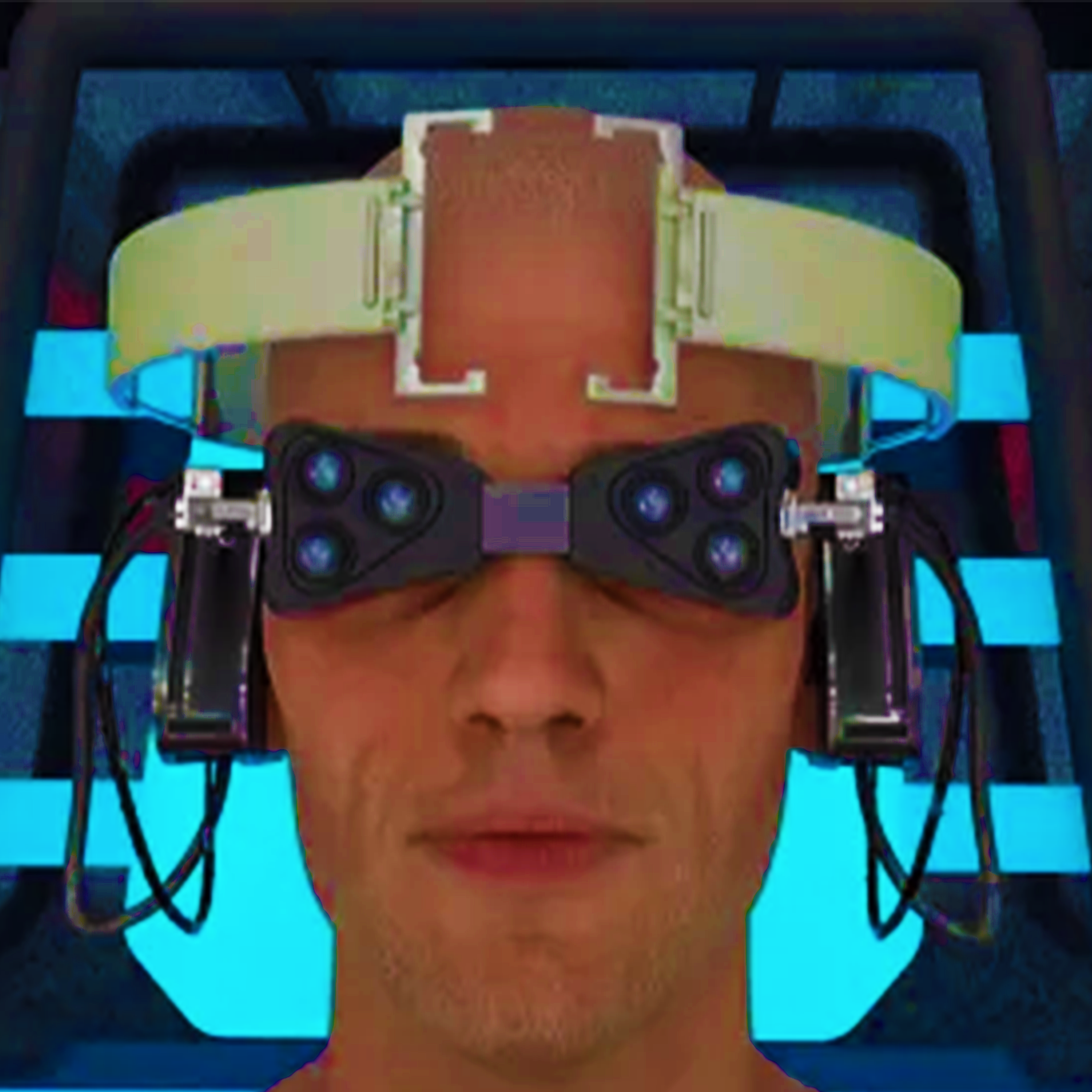Scientists Unveil Memory Implant for Prisoner Rehabilitation
Is Rehabilitation Possible with Technology? Study the Pioneering Implant That’s Meant to Imbibe Victims’ Memories for Prisoners
In what may be a pioneering move towards revolutionizing the practices of the criminal justice system, scientists have announced an implant that will enable one to take on the memories of victims from the perspective of the perpetrator. This pioneering technology will motivate empathy and understanding, whereby society will perceive a new approach to rehabilitation and retribution.
The Science Behind the Implant
The Memory Sharing Technology
Central to this is the development of advanced neural interface technology. Surgically inserted into the convicted criminal’s brain, the implant interfaces with the individual’s neural pathways associated with memory and perception. By accessing and transmitting those experiences which are recorded in their victims, the prisoner is thereby condemned to live through those memories.
How It Works
This starts with the harvest of the victim’s memories, using a non-invasive technology of scanning in the brain. The memories are then encoded into digital form and stored. At the activation of the implant, the memories are retrieved and projected into the mind of the prisoner to give an immersive, vivid experience.
Potential Benefits
Fostering Empathy
One of the intentions behind the development of this technology is for offenders to experience a sense of empathy. If prisoners can really feel the pain, fear, and trauma they have caused their victims, maybe that would let them realize the extent of the crime. That new-found empathy might drive actual contrition and increased motivation to change.
Rehabilitation Over Punishment
Traditional retributive measures such as these oftentimes do not succeed in curing the root causes of criminal behavior. Inclusion of this technology in rehabilitation programs will enable the justice system to focus more on actual transformation as opposed to mere punishment. Prisoners who are made to understand the consequences of their actions have higher chances of becoming more positive in rehabilitation and changing for the better.
It may also contribute to reoffending prevention by eliciting empathy and understanding. Studies have shown that those who develop higher levels of empathy are less likely to commit another crime. Such deepened insight to the experience of victims would be given to prisoners through an implant and thus may serve as an important factor in cutting the number of reoffenses being reconvicted.
Ethical considerations
Consent and voluntary
A key ethical issue is that the victim and the offender both agree to the sharing of memories. A victim has to willingly offer the memories and the criminal has to be willing to have these memories implanted and be experienced by them. The process of this program can ethically be upheld through informed consent.
Psychological Impact
This acts as a traumatic experience for the prisoners, and the psychological effects need to be monitored very closely. Coming in contact with the extreme traumatic memories, even accidentally, has severe mental health consequences. Proper psychological support and counseling should be provided with the use of the implant.
Privacy and Security
Protecting the privacy of both victims and offenders is also a concern. The technology implemented has to be secure in order to avoid breaches of the memories of interest. The use, storage, and sharing of the memories should be bound by appropriate ethical standards to not violate the dignity and rights of any person involved.

Applications
Pilot Programs
Several pilot programs are in the development process to test the efficacy of this implant in real-world settings. Such programs focus on finding out the impact the technology will have on prisoner behavior, the outcome in rehabilitation, and recidivism. Early results coming from the pilots will give useful insight into where the benefits and challenges of more general implementation lie.
Integration into Justice Systems
This technology, if successful, can be integrated at many levels within the criminal justice system. Sentencing judges may order offenders to take empathetic enhancement technology as part of the rehabilitation process. Such an experience may now be used in the parole and probation programs to facilitate the return of offenders to society with an enhanced empathetic perspective in mind.
Conclusion
The next big thing in criminal justice technological advancement would be the reveal of this memory-sharing implant. This innovation will tap prisoners in the name of empathy, reduction of chances for reoffending, and rehabilitation through firsthand knowledge of the experience of the victims. Though it will call for a great deal of careful management concerning ethical considerations and psychological issues, its various benefits mean that it would probably be the key to a kinder and more effective justice system.
History will fundamentally be changed due to the other innovations in justice and rehabilitation that we will explore.
— Dr. James Miller, Criminal Psychologist

By fostering empathy through shared
experiences, we can promote more meaningful
rehabilitation and reduce repeat offenses




